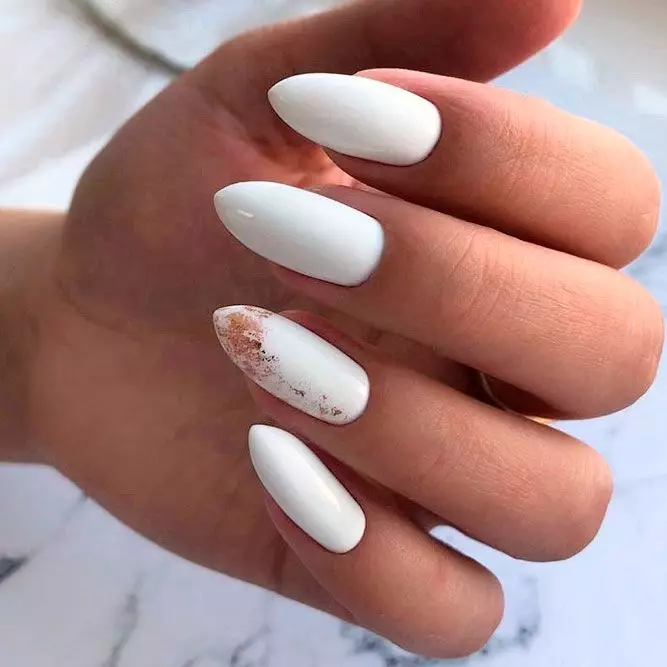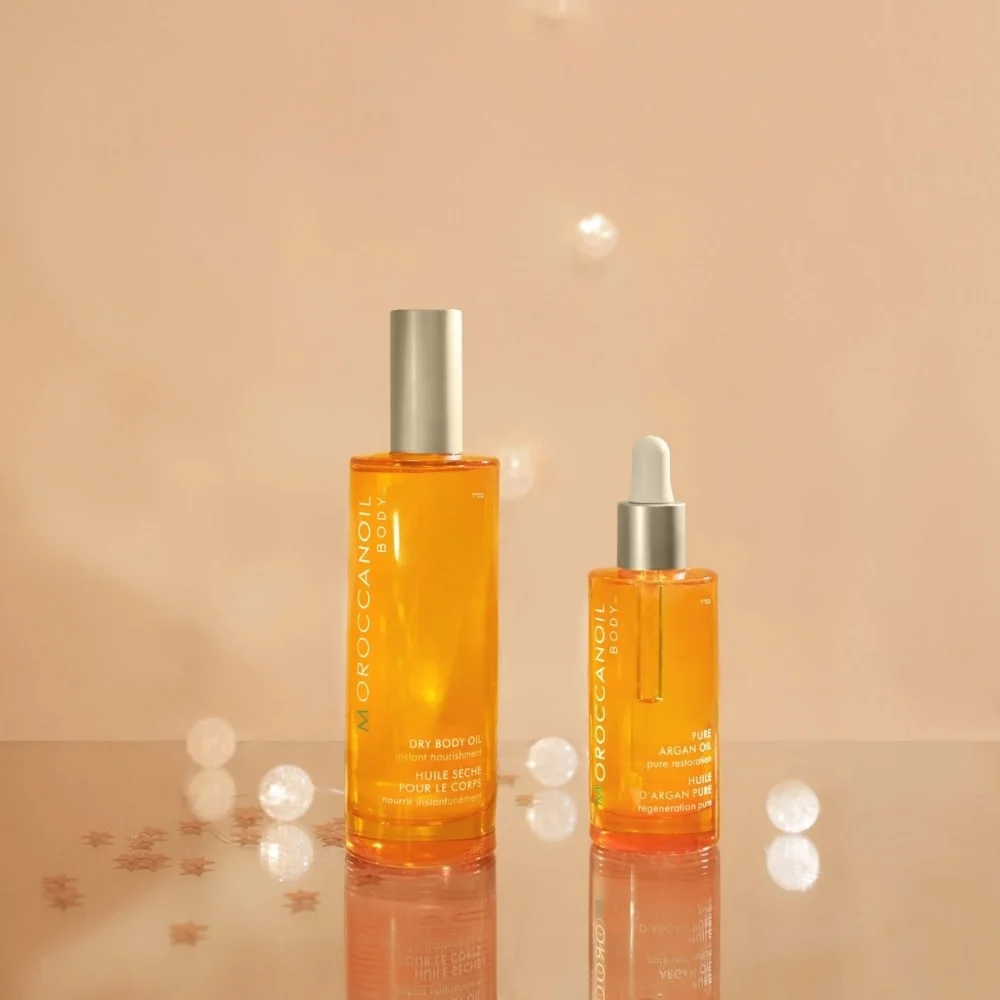
The Magic of Moroccan Body Oil
Unveiling the Secrets of Moroccan Body Oil
Moroccan body oil, a luxurious blend of natural ingredients, has captured the attention of beauty enthusiasts worldwide. This golden elixir, rooted in centuries-old Moroccan beauty traditions, offers a myriad of benefits for the skin. At the heart of this miraculous oil lies argan oil, often referred to as “liquid gold,” which is extracted from the kernels of the argan tree native to Morocco.
The oil’s composition includes a rich array of fatty acids, vitamins, and antioxidants that work in harmony to nourish and rejuvenate the skin. Moroccan body oils not only hydrates and softens the skin but also helps to improve its overall texture and appearance. Its lightweight yet deeply moisturizing properties make it suitable for all skin types, from dry and sensitive to oily and combination. The versatility of Moroccan body oil extends beyond skincare, as it can also be used to tame frizzy hair and strengthen brittle nails, making it a true multi-purpose beauty product.
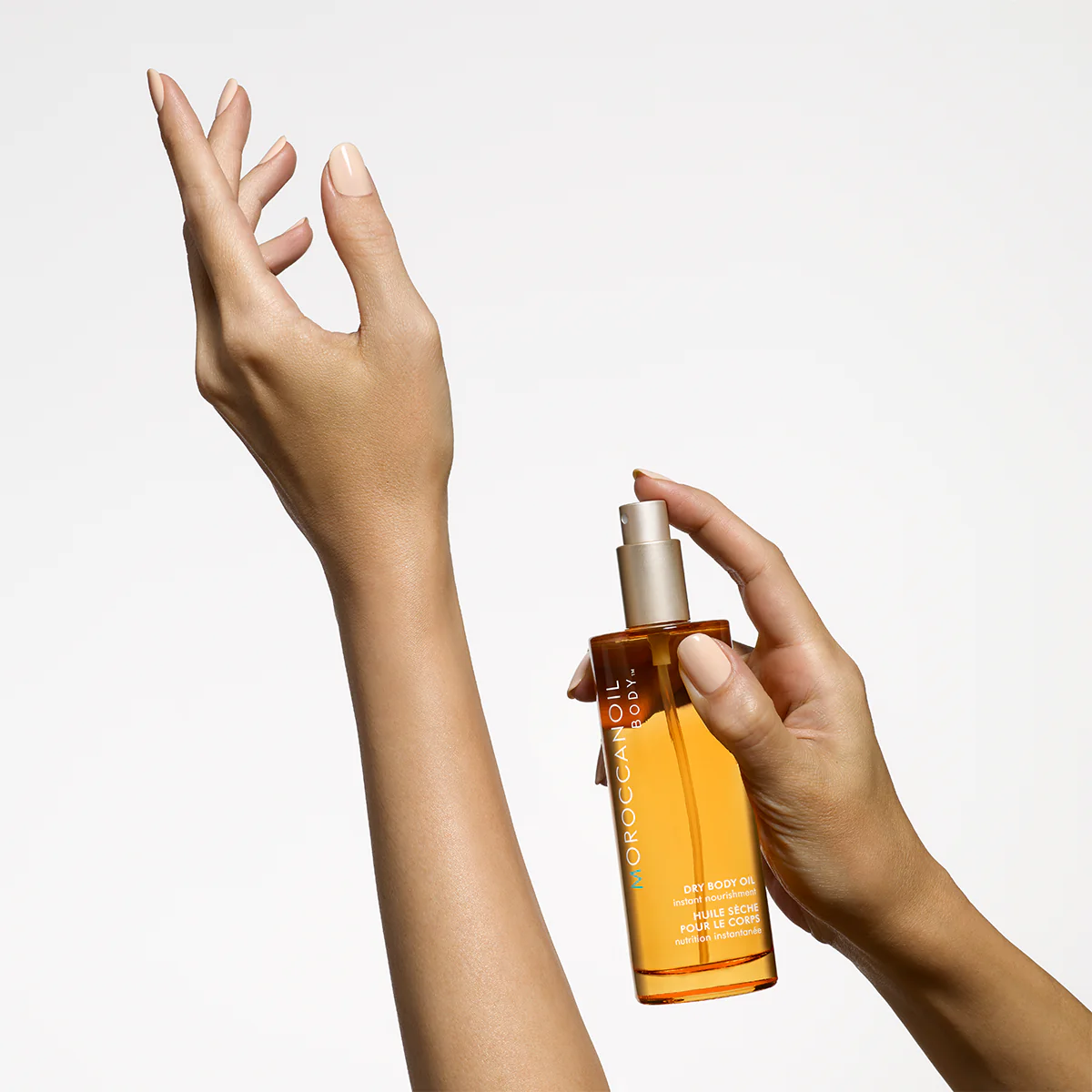
The Rich History and Cultural Significance of Moroccan Body Oils
The use of Moroccan body oils traces back centuries in North African culture, particularly among the Berber women of Morocco. These women have long recognized the powerful skincare benefits of argan oil, passing down their knowledge and techniques through generations. Traditionally, the production of argan oil was a labor-intensive process that involved hand-cracking argan nuts to extract the kernels, which were then ground and pressed to release the precious oil.
This time-honored method not only preserved the oil’s purity but also provided a sustainable livelihood for many Moroccan women. The cultural significance of argan oil extends beyond skincare, playing a role in Moroccan cuisine and traditional medicine. As the world has begun to recognize the value of this “liquid gold,” efforts have been made to protect the argan forests and support the communities that have been the guardians of this natural treasure for centuries. The global popularity of Moroccan body oils has brought attention to sustainable harvesting practices and fair trade initiatives, helping to preserve both the environment and the cultural heritage associated with this remarkable oil.
The Science Behind Moroccan Body Oil’s Effectiveness
The effectiveness of Moroccan body oil lies in its unique composition of beneficial compounds. Argan oil, the primary ingredient, is rich in essential fatty acids, including oleic and linoleic acids. Which help to maintain the skin’s hydration and elasticity. These fatty acids also play a crucial role in strengthening the skin’s barrier function, protecting it from environmental stressors and preventing moisture loss. The high vitamin E content in Moroccan body oil acts as a powerful antioxidant, neutralizing free radicals that can cause premature aging and skin damage.
Additionally, the oil contains sterols, which have anti-inflammatory properties and can help soothe irritated skin. The combination of these elements makes Moroccan body oil an effective moisturizer that not only hydrates the skin but also improves its overall health and appearance. Scientific studies have shown that regular use of argan oil can increase skin elasticity and reduce the appearance of fine lines and wrinkles. The oil’s ability to regulate sebum production also makes it beneficial for those with acne-prone skin, helping to balance oil levels without clogging pores.
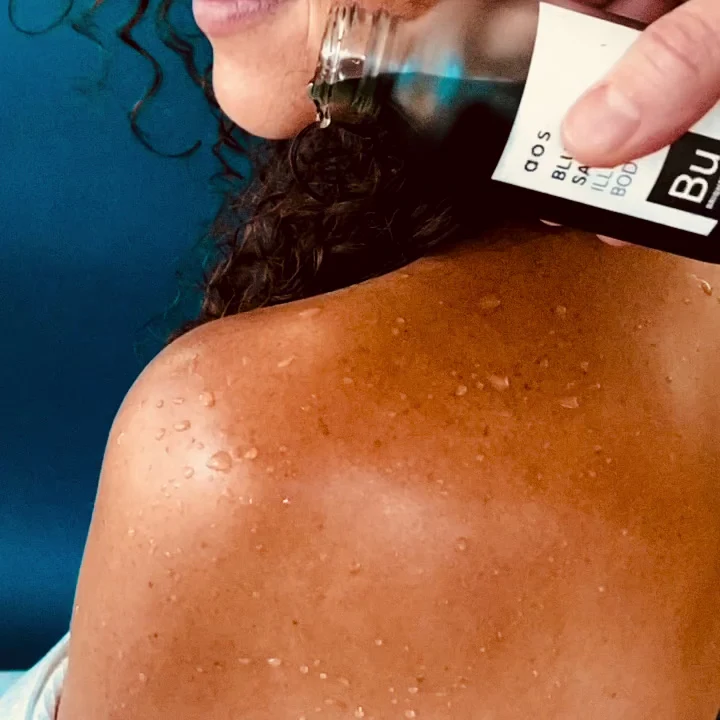
Application Techniques for Maximizing the Benefits of Moroccan Body Oils
To fully harness the benefits of Moroccan body oil, proper application techniques are essential. For optimal absorption, apply the oil to damp skin immediately after bathing or showering. This allows the oil to lock in moisture and penetrate more deeply into the skin. Begin by warming a small amount of oil between your palms to activate its properties. Gently massage the oil into the skin using circular motions, paying extra attention to dry areas such as elbows, knees, and feet. For facial application, use a lighter touch and avoid the eye area.
To enhance the oil’s effectiveness, consider using it in conjunction with dry brushing. Dry brush the skin before showering to exfoliate and stimulate circulation. Then apply the Moroccan body oil after bathing to nourish the freshly exfoliated skin. For an intensive treatment, apply a generous layer of oil before bed and allow it to absorb overnight. When using Moroccan body oil on the hair, focus on the ends and avoid the roots to prevent greasiness. Experiment with different application methods to find what works best for your skin and hair type.
Moroccan Body Oil in Skincare Routines: From Daily Use to Special Treatments
Incorporating Moroccan body oil into a skincare routine can yield remarkable results for various skin concerns. For daily use, a few drops of oil can be mixed with a regular moisturizer to boost its hydrating properties. This method works well for those who find pure oil too heavy for everyday use. As a weekly treatment, consider creating a DIY mask by mixing Moroccan body oil with honey and a few drops of lemon juice for a brightening and moisturizing effect. For those dealing with stretch marks or scars. Consistent application of the oil can help improve skin elasticity and fade marks over time.
During pregnancy, Moroccan body oil can be used to prevent and reduce the appearance of stretch marks by keeping the skin supple and hydrated. In colder months or dry climates, the oil can be used as an intensive overnight treatment to combat dryness and flakiness. For sun-damaged skin, applying Moroccan body oil after sun exposure can help soothe and repair the skin while reducing the risk of peeling. The versatility of this oil allows for its integration into various aspects of skincare, from basic daily routines to specialized treatments for specific skin concerns.
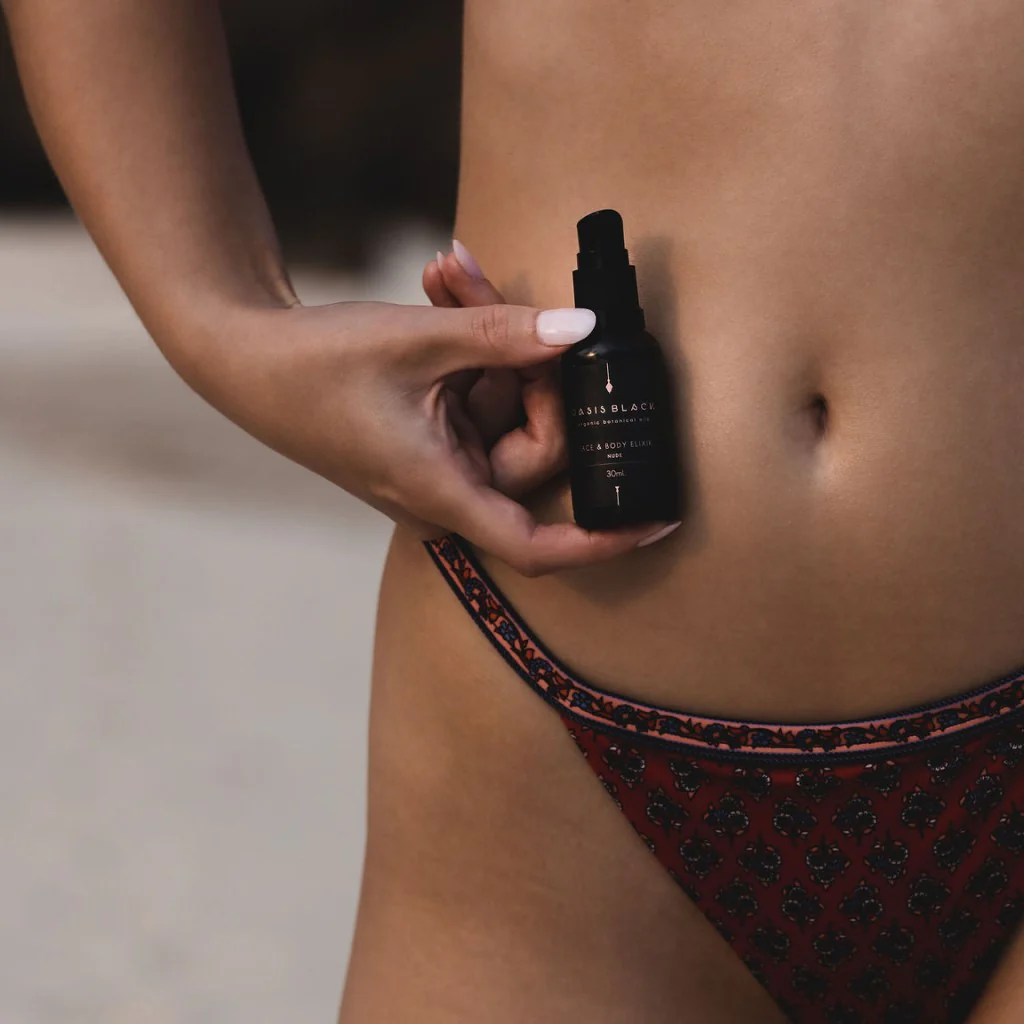
Combining Moroccan Body Oils with Other Natural Ingredients for Enhanced Benefits
While Moroccan body oil is potent on its own, combining it with other natural ingredients can amplify its benefits and create customized treatments for various skin needs. Mixing the oil with a few drops of lavender essential oil can create a calming blend that promotes relaxation and helps soothe irritated skin. For an exfoliating body scrub, combine Moroccan body oil with brown sugar and a touch of vanilla extract to create a luxurious treatment that smooths and nourishes the skin.
Adding a few drops of tea tree oil to Moroccan body oil can enhance its antibacterial properties, making it effective for treating acne-prone skin. For a nourishing hair mask, blend Moroccan body oil with avocado and honey to create a deep conditioning treatment that leaves hair soft and shiny. Experimenting with different combinations allows for personalized treatments tailored to specific skin and hair needs. However, it’s important to perform a patch test when introducing new ingredients to ensure compatibility and avoid any adverse reactions.
The Role of Moroccan Body Oil in Natural and Organic Beauty Trends
As consumers become increasingly conscious of the ingredients in their beauty products. Moroccan body oil has emerged as a star player in the natural and organic beauty movement. Its pure, plant-based composition aligns perfectly with the demand for clean beauty products free from synthetic additives and harmful chemicals. The minimal processing involved in producing high-quality Moroccan body oil appeals to those seeking transparency in their skincare choices.
Many eco-conscious brands have incorporated Moroccan body oils into their product lines, highlighting its sustainable sourcing and production methods. The oil’s versatility as a multi-use product also resonates with minimalist beauty enthusiasts who prefer streamlined routines with fewer products. As the beauty industry shifts towards more sustainable and ethical practices. Moroccan body oil serves as an example of how traditional, natural ingredients can meet modern beauty standards. Its popularity has inspired the development of other plant-based oils and encouraged research into the benefits of natural skincare ingredients.
Addressing Common Misconceptions About Moroccan Body Oils
Despite its popularity, Moroccan body oil is sometimes misunderstood, leading to misconceptions about its use and effectiveness. One common myth is that oil-based products are unsuitable for oily or acne-prone skin. In reality, Moroccan body oils can help balance sebum production and may actually benefit these skin types. Another misconception is that the oil is too heavy for everyday use. While it is rich in nutrients, high-quality Moroccan body oils is typically lightweight and absorbs quickly into the skin without leaving a greasy residue.
Some people believe that all Moroccan oils are created equal, but the quality can vary significantly depending on the sourcing and production methods. It’s important to choose cold-pressed, organic Moroccan body oil to ensure maximum benefits and purity. There’s also a misconception that Moroccan body oil is solely for skincare. When in fact it has numerous uses for hair and nails as well. By addressing these misconceptions. Consumers can make more informed decisions about incorporating Moroccan body oil into their beauty routines and fully appreciate its diverse benefits.
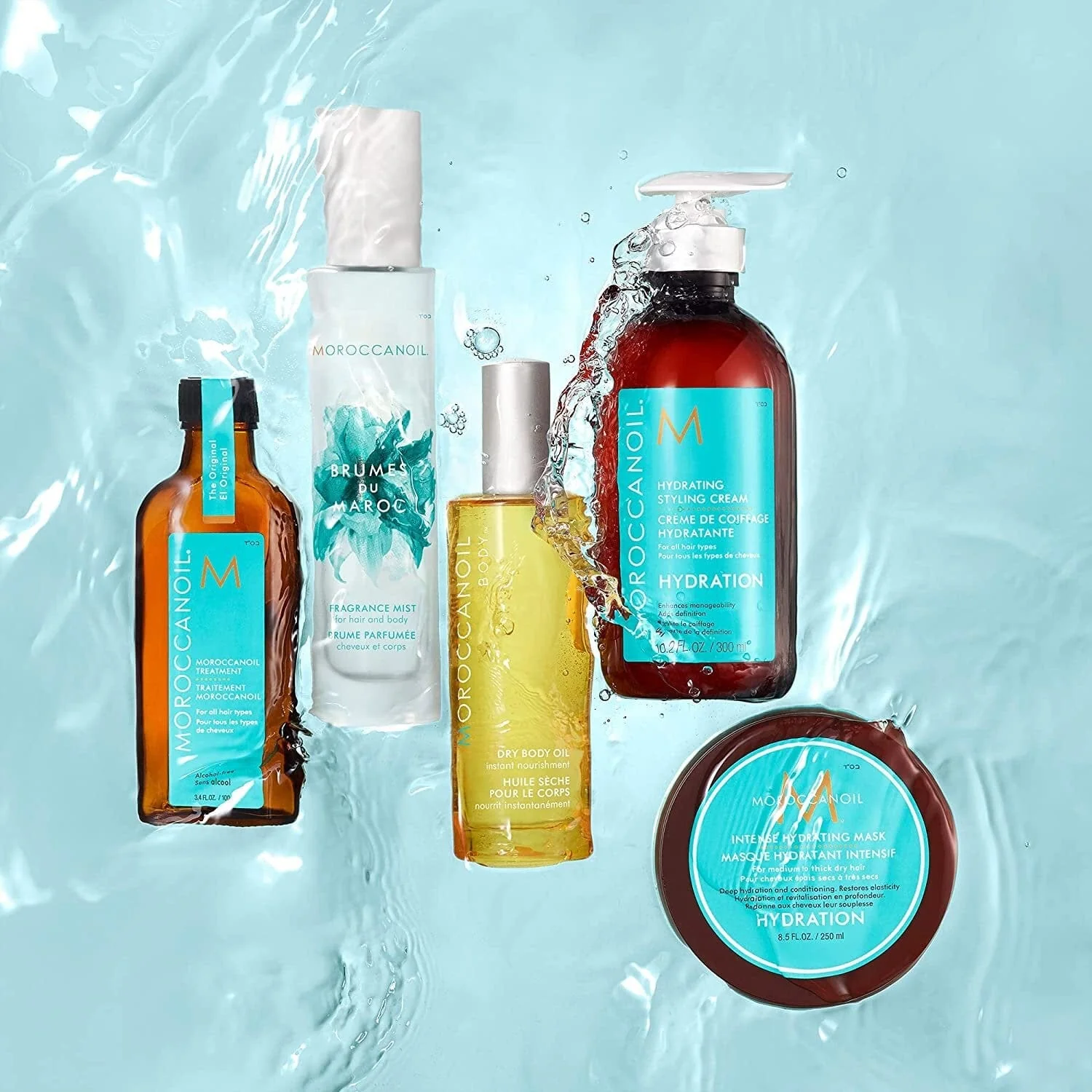
The Future of Moroccan Body Oils: Innovations and Emerging Trends
As the popularity of Moroccan body oils continues to grow, innovations in its production and application are emerging. Advanced extraction techniques are being developed to enhance the oil’s potency while maintaining its natural properties. Some brands are experimenting with infusing Moroccan body oils with additional active ingredients. Such as peptides or hyaluronic acid to create high-performance hybrid products. The concept of personalized skincare is also influencing the Moroccan body oils market. With some companies offering custom blends tailored to individual skin types and concerns.
In the realm of sustainability, there’s a growing focus on developing eco-friendly packaging solutions for Moroccan body oils product. Such as refillable containers or biodegradable materials. As research into the benefits of natural oils continues. New applications for Moroccan body oils in areas like aromatherapy and wellness are being explored. The future may also see the development of more targeted formulations. Such as Moroccan body oils specifically designed for anti-aging or sensitive skin. These innovations promise to expand the versatility and effectiveness of Moroccan body oil, cementing its place as a staple in natural beauty routines.
Choosing the Right Moroccan Body Oils: Quality Indicators and Shopping Tips
Selecting a high-quality Moroccan body oil is crucial to experience its full benefits. When shopping for Moroccan body oils, look for products that list 100% pure argan oil as the primary or sole ingredient. Cold-pressed, organic, and unrefined oils are preferable as they retain more of the natural nutrients and properties. Reputable brands will often provide information about their sourcing and production methods, including fair trade practices and sustainability efforts.
The color of the oil should be a rich, golden hue, and it should have a mild, nutty scent. Be wary of products with a strong fragrance, as this may indicate the presence of artificial additives. Price can also be an indicator of quality, as genuine, high-grade Moroccan body oils requires significant labor and resources to produce. However, the most expensive option isn’t always the best, so it’s important to consider all factors. Reading reviews and seeking recommendations from skincare professionals can also help in choosing a reputable product. By selecting a high-quality Moroccan body oil, consumers can ensure they’re getting a pure, effective product that delivers the full range of benefits this natural elixir has to offer.

